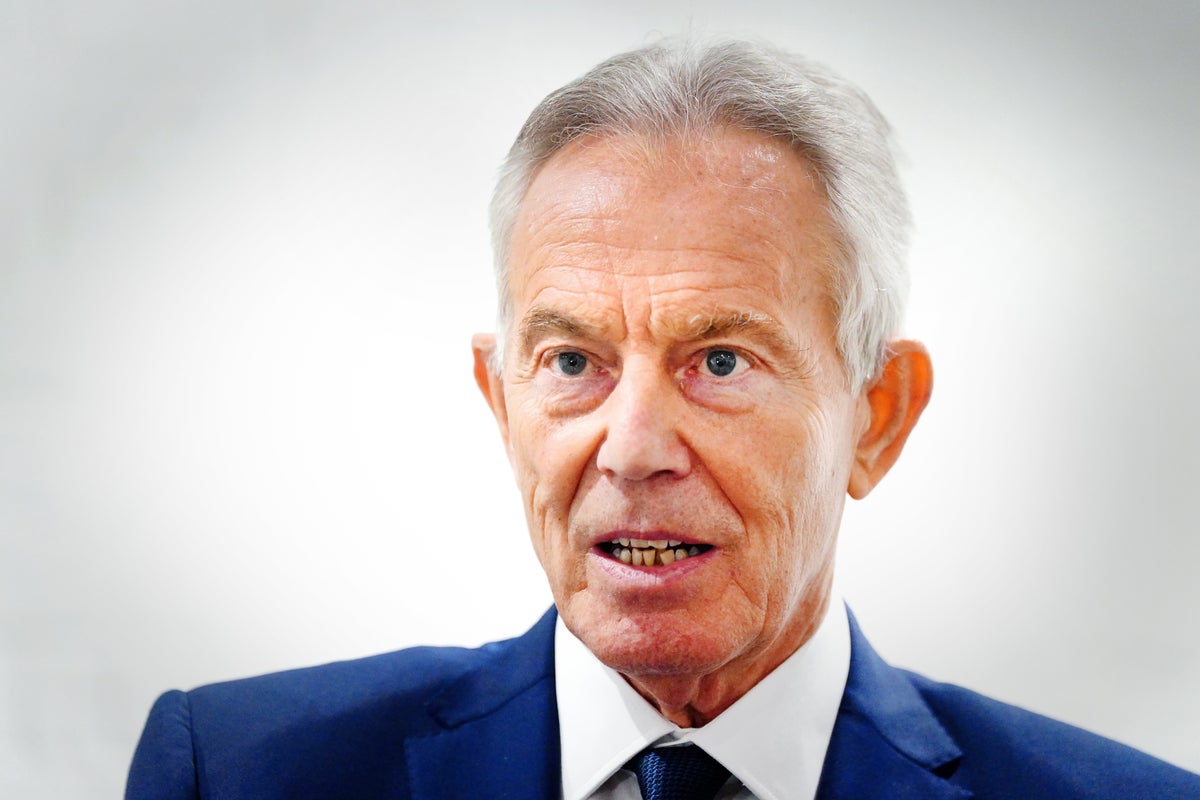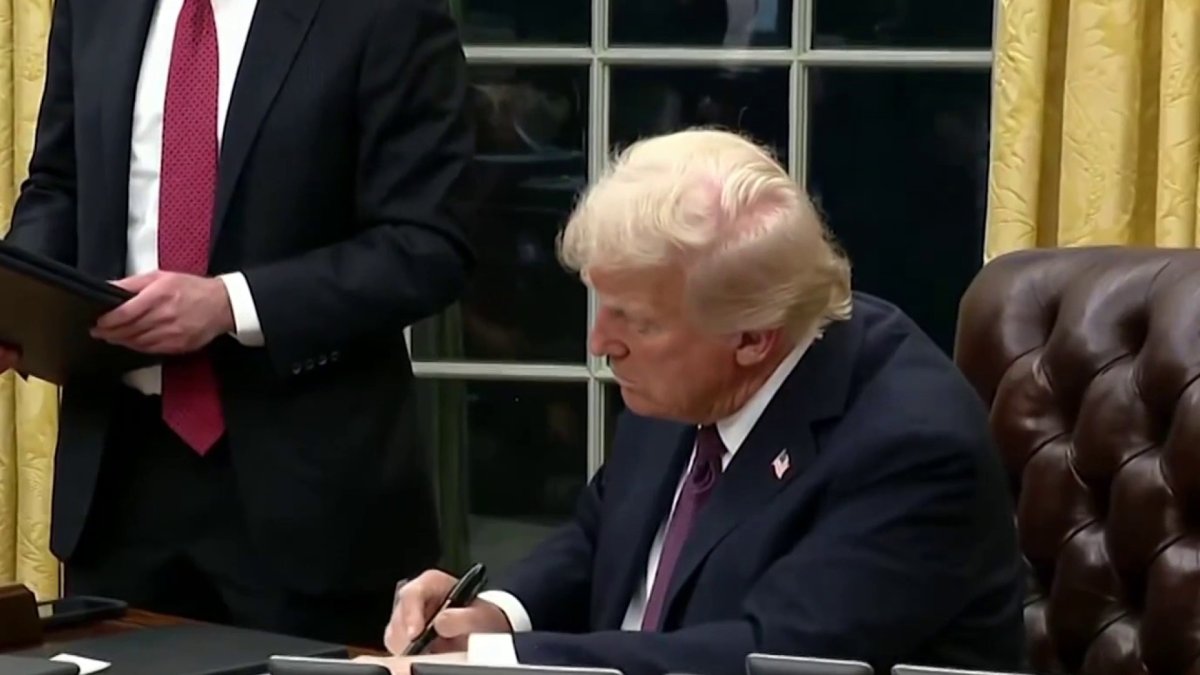How Blair has changed the agenda for Labour on climate change

It is a little ironic that it has fallen to Sir Tony Blair, who last fought a general election 20 years ago and is unlikely to stand again in any such contest, to point out some hard or “inconvenient” facts to his colleagues who are practising politicians and presently in government. He has lost none of his instinct for judging public opinion and is as incisive and perceptive as ever. Outside government, but not exactly outside politics, he can say things that are “unhelpful” but must be faced up to. He is a friendly critic – although, as he is at pains to make clear, Sir Tony remains supportive of the government and the 2050 net zero target. The foreword he has contributed to the latest report on energy and climate from the Tony Blair Institute (TBI) has provoked heated argument – and rightly so. These are important, transcendent matters and have to be right – for the sake of the future of the planet and the living standards of people in Britain. Sir Tony has changed the agenda for Labour on climate change. For some time, the arguments on climate change and energy policy have drifted away from practical action and descended into just another totemic battle in the culture wars. This has had the unfortunate consequence that the environmental cause has been allowed to sound cranky, extremist and increasingly out of touch with an important strand of public opinion. Targets that seem – and sadly sometimes are – too ambitious and missed become discredited; and the credibility of ministers trying desperately to stick to them is damaged. Failure breeds failure. Much the same goes, as Sir Tony implies, for the grandiose international summits such as the Cop series. Some, such as Cop26, can generate genuine consensus and momentum; others, such as the most recent Cop29 in oil-rich Azerbaijan, have been ridiculed for their lack of consensus and paltry results. Policies and climate conferences that talk big and deliver little do nothing to restrain greenhouse gas emissions to the levels required to avoid catastrophic, irreversible chaos in future decades. Practical men and women working hard in government and across the country to green the economy must deal with the world as it is, not as they would wish it to be. Sir Tony is right to make them look out into that world as it changes, and not always for the best. Sir Tony points to global trends that undermine today’s climate approach: fossil fuel use set to rise further up to 2030; airline travel, hugely damaging to the environment, to double over the next 20 years. By 2030, almost two-thirds of emissions will come from China, India, and southeast Asia, while President Trump’s America, outside the Paris climate accords, is set to “drill, baby, drill”. These are “inconvenient facts”, he says, that mean that “any strategy based on either ‘phasing out’ fossil fuels in the short term or limiting consumption is a strategy doomed to fail”. The most powerful argument in the climate-sceptics’ armoury is that what the UK does is so trivial when set against these global trends that it is hard to justify the effort – and the costs – involved. This is perfectly logical, and a view favoured at least in some quarters, albeit as an excuse to do nothing. However, it neglects the fact that if the UK were to abandon its commitments to the various Paris and Cop agreements, it would give China and other emerging economies a perfect justification to ignore their own promises as well. China, for all its faults and its current prodigious use of fossil fuels, is a signatory to the agreements and has agreed to net zero, but on a longer timescale – by 2060. That is worth trying to preserve. In some areas, notably electric vehicles and solar technology, China is a world leader. The other idea that has taken hold far too readily in the UK is that electricity bills are artificially high because of green levies. In fact, these are a relatively minor part of domestic or even industrial bills. The high cost of gas and electricity is directly linked to world prices, still elevated by President Putin’s war in Ukraine and the consequent constriction of Russian energy exports. Green levies typically make up a small portion of your energy bill, ranging from about 11 per cent of an average dual fuel bill to 16 per cent of an electricity bill. They add around £50 to a typical annual gas bill and about £140 to an electricity bill. These levies fund programmes like the warm home discount scheme and support renewable energy sources. The energy secretary, Ed Miliband, spends countless hours in the House of Commons and in the media patiently explaining his pro-net zero views, but the key messages are not cutting through. The environmental case for decarbonisation is thus being lost. The public remains concerned about climate change, but is equally worried that the government doesn’t have a workable, affordable plan – still less one to make the other big polluters on earth do their bit. Helpfully, Sir Tony has some suggestions as to what the government can do – some of which, as Sir Keir Starmer has pointed out, ministers are already pursuing. Carbon capture, for example, is an increasingly practical technology. The government is spending £22bn on this, but much of it has to be recovered from customer bills, which of course makes no allowance for the ability to pay. More nuclear power (and small module reactors) is also one of the TBI’s proposals – and here Mr Miliband agrees, though they will take time to build and will incur some considerable cost. They are also of one mind about the role of AI and smarter energy use. The independent Climate Change Committee agrees with the TBI that more needs to be done on adaptation, such as flood defences, to mitigate now unavoidable change – but again, these measures, which command wide support, will cost money. The TBI report says little about where such funding for change and hi-tech investment will be found. For those who understand and accept the dangers of manmade climate change, Sir Tony included, there remains no alternative to reducing greenhouse gas emissions and the use of fossil fuels. Many of the arguments about a “climate hoax” have been won, the need for change recognised. Investing in plentiful, green clean energy is good for economic growth because it has the potential to reduce business costs and boost living standards through sustainable lower bills. It means national energy security. The aims are honourable, indeed essential, but some flexibility is also inevitable along the way – as was recently seen when the government relaxed the electric vehicle mandate. Sir Tony is right to remind his successor about the virtues of pragmatism and gradual change, and stress that he supports government policy. Sir Keir, who has shown a Blair-like willingness to adjust policy across the board, including on the expansion of Britain’s airports, will likely agree with Sir Tony’s contribution – and the implied criticism of Mr Miliband, even if the timing is a little inconvenient.



















